On the job
On the weekends, junior Davida Goldman can count on one thing: arguing with the same skate coach who constantly complains about the ice on the rink. This is one of the many challenges she faces when working as a secretary at the Cabin John Ice Rink.
Goldman is one of an estimated 34 percent of U.S. teenagers who is employed during the school year, according to the Bureau of Labor Statistics. Teen employment rates have dropped 20 percent over the past 70 years, which some attribute to harder high school classes and a greater emphasis on preparing for college.
Student experience
CESJDS students hold a range of jobs from retail to food service. Junior Reilly Lowell works as a cashier at the Potomac boutique On Cloud 9.
“I used to live in Potomac, and I’ve been shopping at On Cloud 9 for years,” Lowell said.
Lowell became friends with the manager of the store, who helped her get the job when it became available in September.
She typically works on Saturdays from 10 a.m. to 5 p.m. and on Sundays from 11 a.m. to 4 p.m. Getting to work can be a long process for Lowell, because she now lives in Washington, D.C.
“I have to wake up early and account for traffic,” Lowell said. “But I think the fact that where I work is so close to school and I make that drive everyday makes my commute feel more normal.”
Unlike franchise or retail jobs, government jobs have a very different application process. Goldman, who has worked at the Cabin John Ice Rink since August, technically works for the Montgomery County Parks Service, so her job application process was more extensive than Lowell’s.
“You don’t apply for just one job, you apply to work for the parks service as a whole,” Goldman said.
To apply for a county job, one has to fill out an application online, come in for an interview and pass a background check. According to Goldman, the whole process can take weeks.
While applying for a job can be a tedious process, the financial gain is often worth it. Both Goldman and Lowell make more than minimum wage, which is $10.10 in the state of Maryland. Earning as much as possible, however, was not the top priority for either of them when searching for a position.
While both students sought out employment for financial gain, Goldman wanted to save for more than her spending budget.
“I wanted a job so I could save for college and get some job experience before entering the workforce,” Goldman said.
Working a part-time job can allow students to develop key life skills. Goldman said she has learned how to work with different types of people and diffuse difficult situations. In addition, she has gained a stronger work ethic.
Though some patrons can be difficult, many interactions are positive and even meaningful.
“The other day a girl came in looking for her bat mitzvah dress and really didn’t want to [be there], but I was able to help her find one,” Lowell said.
While having a job provides teens with a range of new experiences, the daily responsibilities of an employee can be tedious.
On a typical weekend, Lowell can expect to work the register, clean the store, fold clothes, assist customers and complete other administrative tasks. As a secretary, Goldman sells tickets for free skate sessions, answers customer questions, manages inventory and keeps track of skater attendance.
Challenges of holding a job
While there are many benefits from working a part-time job, students can struggle with balancing school life and work. Both Goldman and Lowell work on weekends, so it is harder for them to see friends or complete additional school work.
To help her plan ahead, Goldman receives a master schedule two weeks ahead; if she has a conflict, she can let her supervisor know and with enough warning, the shift can usually be changed. This isn’t always the case, though.
“If it’s short notice, you have to get someone to cover your shift or you have to come in,” Goldman said.
While many employers do not allow students to do homework while working, Goldman has developed ways to organize her homework load.
“Sometimes it can get really slow at work. We’re not really allowed to do homework on the job, but I can sit down and plan for what I have to do,” Goldman said.
According to Director of College Counseling Sue Rexford, time management is key. Rexford believes it is important for students to learn to balance school with outside responsibilities, which holding a job can help with.
“I think it’s smart for a student to find something to be engaged in,” Rexford said. “It isn’t so much what you do, it’s that you do something, that you are taking time to grow as a person, through whatever it is you’re doing beyond the school day.”
Despite the developmental benefits of having a job, Goldman still believes that school comes first.
“For students who have a lot going on, it’s probably not the best idea,” Goldman said.
College resume
Another reason why students may seek out employment is to add the experience to a college resume. Binghamton University’s Assistant Director of Admissions Theresa Figuerado believes that holding down a steady job can be impressive on an application.
“If a student has the time and resources to balance their academics, manage their interests and also work, I think it’s great,” Figuerado said.
As a recruiter and as someone who reads applications, Figuerado wants to see students who show they can balance both responsibilities.
“When you’re in college, you’re not just going to be taking a class and that’s the end of it,” Figuerado said. “We want you to either show you have time management skills, you can manage your homework, keep your grades up, but also have the responsibility of a job.”
Rexford noted that when colleges choose to admit students, they try to flesh out who the student is as an individual instead of just looking at grades. She also believes that showing one can handle a job indicates to colleges that a student could potentially find employment on campus, because, “most, if not all students receiving financial aid as part of their aid package have to work a part-time job.”
While recruiters like Figuerado believe that having a job shows that one can handle adult responsibilities, it is by no means necessary to have one to get into college.
“I think jobs overall are good and healthy, but it’s definitely about the context of the student, and what that student can handle,” Figuerado said. “Having a job doesn’t necessarily make or break your ability to be admitted to a school. But I think if you aren’t working, then hopefully you are doing something also that adds to your resume, whether it be in the school with clubs, community service or otherwise.”
This story was featured in the Volume 36, Issue 2 edition of The Lion’s Tale, published on Oct. 26, 2018.




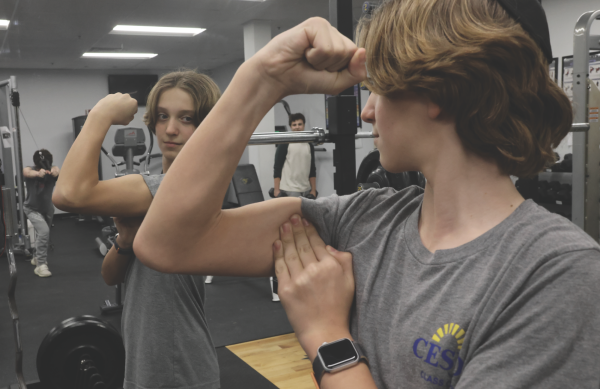




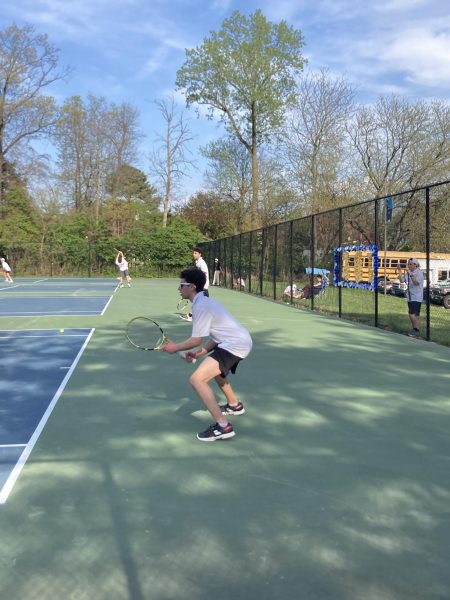
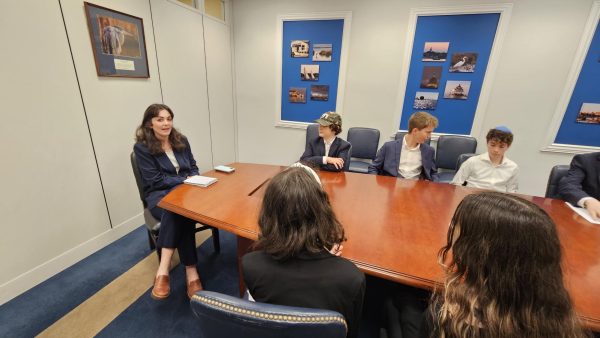
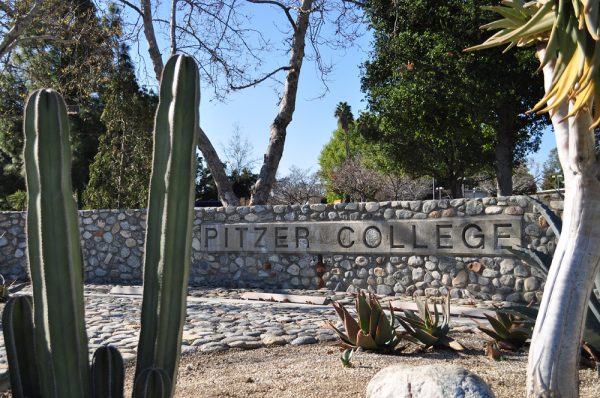



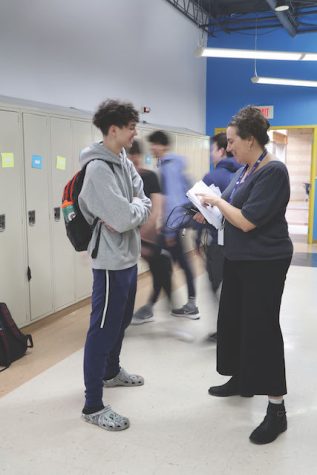

Genie Israek • Oct 31, 2018 at 12:13 pm
Very well written. Showed a full
Understanding of what it’s like to be employed. as a
young person seeking experience in the job market.
Thanks Josie!
G & G